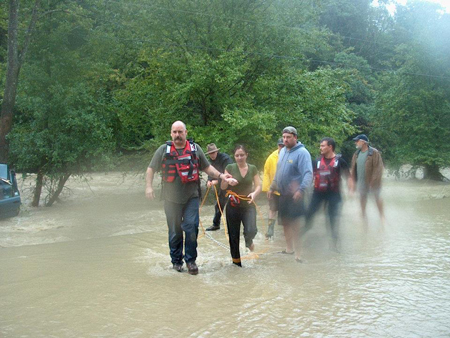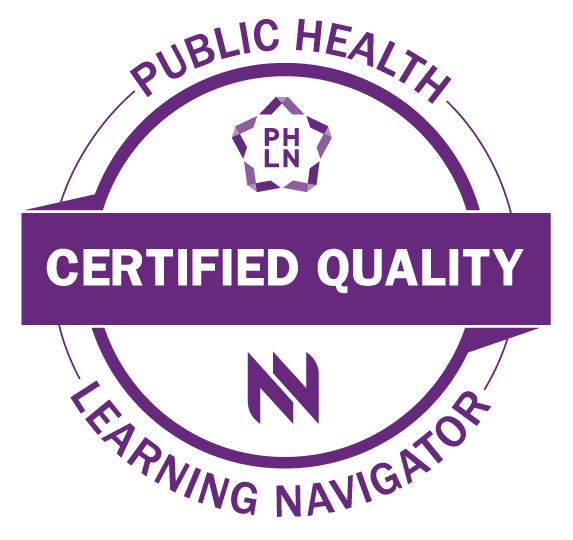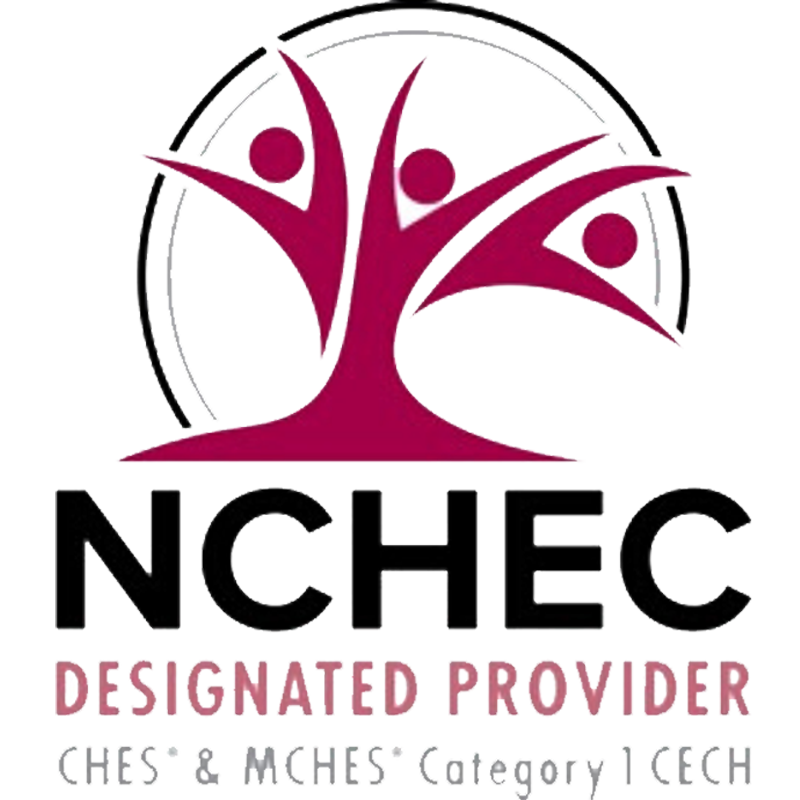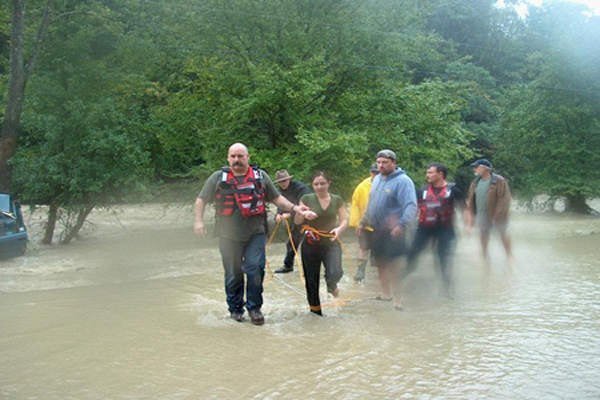
Human Health Effects of Climate Change
Do you know how climate change will affect health in your community and what you can do to reduce climate-related impacts?



Enroll
Course Information
- Audience: Workforce in public health, emergency management, health care, natural resources, human services, agriculture, community leaders, and others intersecting with climate change and human health
- Format: Self-paced
- Price: Free
- Length: Level 1: 1 hour
Level 2: 1.5 hours - Credential(s) eligible for contact hours: Sponsored by New England Public Health Training Center (NEPHTC), a designated provider of continuing education contact hours (CECH) in health education by the National Commission for Health Education Credentialing, Inc. This program is designated for Certified Health Education Specialists (CHES) and/or Master Certified Health Education Specialists (MCHES) to receive up to 1 total Category I continuing education contact hours. Maximum advanced-level continuing education contact hours are 1. Provider ID: 1131137 Event ID: SS1131137_HHECC.
If you are not seeking CHES/MCHES contact hours, if you complete the evaluation, you will receive a Certificate of Completion. The Certificate will include the length of the course. - Competencies: Public Health Sciences Skills
- Learning Level: Awareness
- Supplemental Materials:none
- Pre-requisites:None
- Technical Requirements: This training was creating using HTML5. We recommend using the latest version of Google Chrome, Microsoft Bing or Mozilla Firefox for the best viewing experience.
About this course
Following a short overview of the causes and mechanisms of climate change, the course reviews current and expected human health impacts, with particular emphasis on impacts in Vermont and the northeast. These include heat-related illness, water-related
impacts, vector borne diseases, air quality impacts, and mental health and well-being. Because climate change affects some people more than others, populations of concern and measures of vulnerability are addressed. The course culminates with
examples of strategies used in Vermont and nationally to reduce climate change impacts on health and to improve health through climate change mitigation actions. Learners can select Level 1 for an overview or Level 2 for a deeper exploration of
the five types of health impacts.
What you'll learn
After completing this course, you will be able to...
- Explain how and why the climate is changing.
- List the health conditions exacerbated by climate change, explain how weather/climate affects each health condition, and how we expect future climate change to modify health risks.
- List those populations more vulnerable to the effects of climate change and explain why they are vulnerable.
- Describe the health co-benefits of climate change mitigation strategies.
- Describe climate adaptation and preparedness strategies to reduce climate-related health risks.
Subject Matter Experts

Jared Ulmer, MPH, AICPClimate & Health
Program Coordinator,
Vermont Department of Health
Lynn Blevins, MD, MPHClinical Assistant
Professor,
University of Vermont
College of Medicine
David Grass, PhDEnvironmental Health
Surveillance Chief,
Vermont Department of Health
Elizabeth Faye, MPHInstructional Technologist
Activist Lab,
BU School of
Public Health
Enrollment and Contact Hours
Note there are two different options for enrolling in this course highlighted in the table below.
The Certificate of Completion will include the length of the module. Contact hours may be applicable towards continuing education requirements for certain credentials. Check with your credentialing body to verify if the topic meets its continuing education requirements.
Having trouble accessing the course? Contact support@nephtc.org
Acknowledgement:
This project is/was supported by the Health Resources and Services Administration (HRSA) of the U.S. Department of Health and Human Services (HHS) under grant number UB6HP27877 “Regional Public Health Training Center Program”. This information or content and conclusions are those of the author and should not be construed as the official position or policy of, nor should any endorsements be inferred by HRSA, HHS or the U.S. Government.

